|
Zhi Wang I'm an Associate Professor at Nanjing University in Nanjing, China. I received the Ph.D. degree from City University of Hong Kong and the bachelor's degree from Nanjing University. I was a visiting scholar at University of New South Wales and Institute of Automation, Chinese Academy of Sciences. Email / Google Scholar / Github / Publication |

|
News
|
ResearchI'm interested in reinfocement learning algorithms and applications. Specifically, I work on how learning algorithms can scale RL agents to i) dynamic environments, ii) offline settings, and iii) multi-agent systems, allowing them to autonomously adapt to i) non-stationary task distributions, ii) non-interactive scenarios, and iii) cooperative or competitive task assignments, facilitating RL's deployment in real-world domains. Recently, I work on leveraging RL principles for language and vision tasks, as well as leveraging foundation models in decision-making problems. It is a great pleasure to explore ideas of RL fine-tuning for LLMs/generative models, RL for agentic test-time scaling, and vision-language-action models. |
Language Agents, RL for LLM Reasoning |
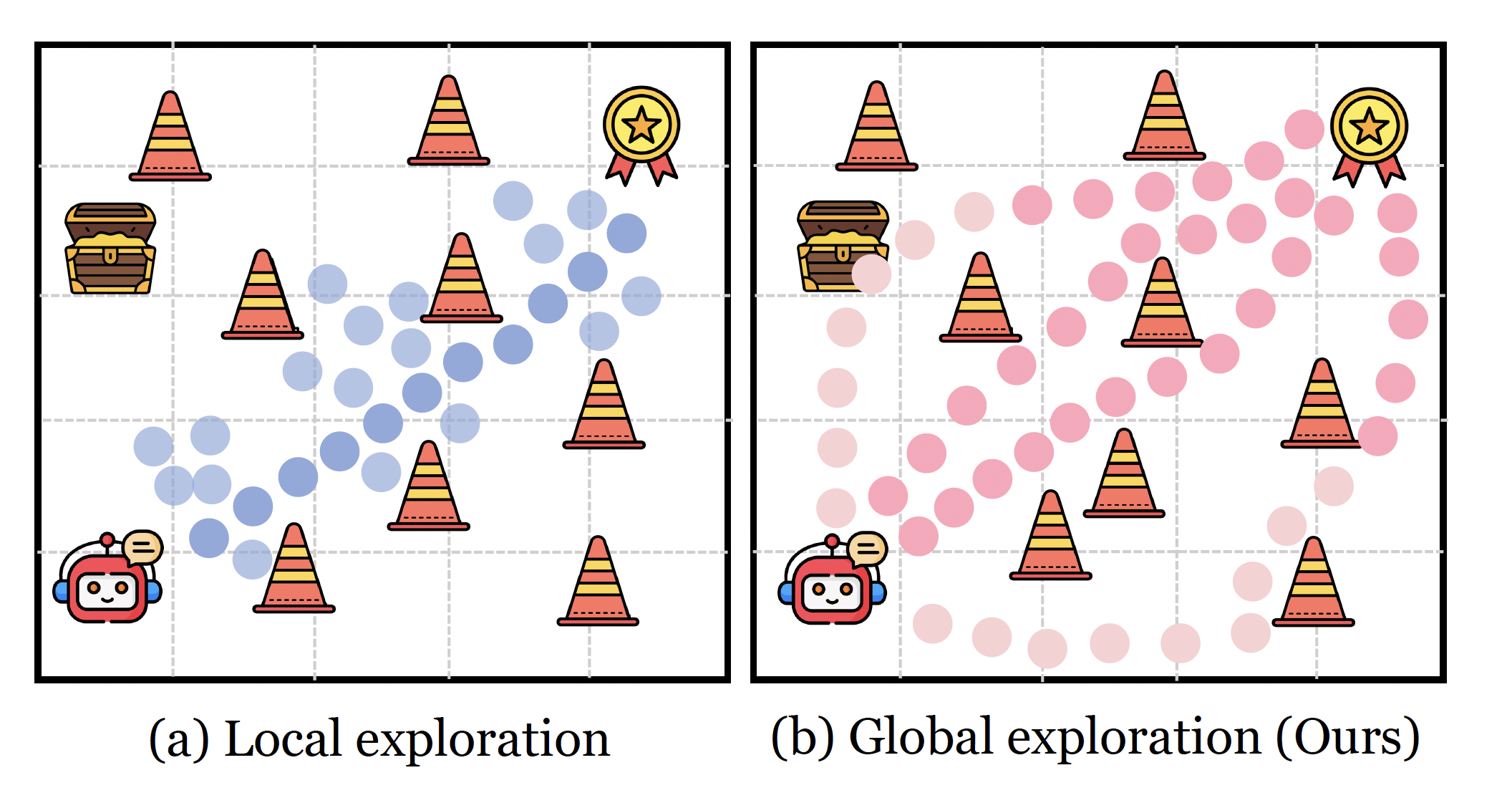

|
Diversity-Incentivized Exploration for Versatile Reasoning
Zican Hu, Shilin Zhang, Yafu Li, Jianhao Yan, Xuyang Hu, Leyang Cui, Xiaoye Qu, Chunlin Chen, Yu Cheng, Zhi Wang* International Conferene on Learning Representations (ICLR), 2026 paper / code Based on a strong positive correlation between global diversity and reasoning capacity, we introduce global diversity incentives as an intrinsic reward to promote deep exploration in a semantically structured space. |
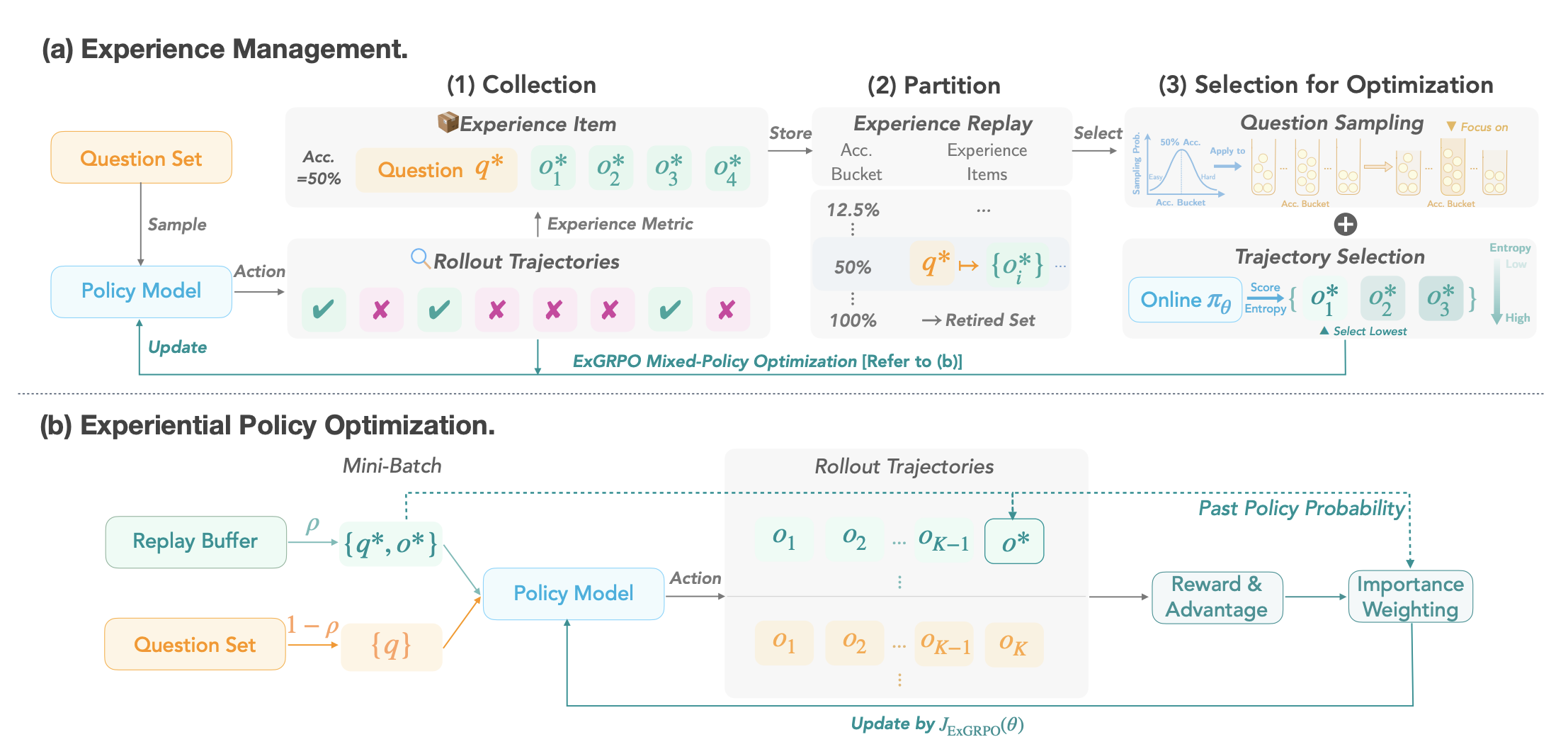

|
ExGRPO: Learning to Reason from Experience
Runzhe Zhan, Yafu Li, Zhi Wang, Xiaoye Qu, Dongrui Liu, Jing Shao, Derek F. Wong, Yu Cheng International Conferene on Learning Representations (ICLR), 2026 paper / code We investigate what makes a reasoning experience valuable and identify rollout correctness and entropy as effective indicators of experience value. Based on these insights, we prioritize valuable experiences with a mixed-policy objective to balance exploration with experience exploitation. |
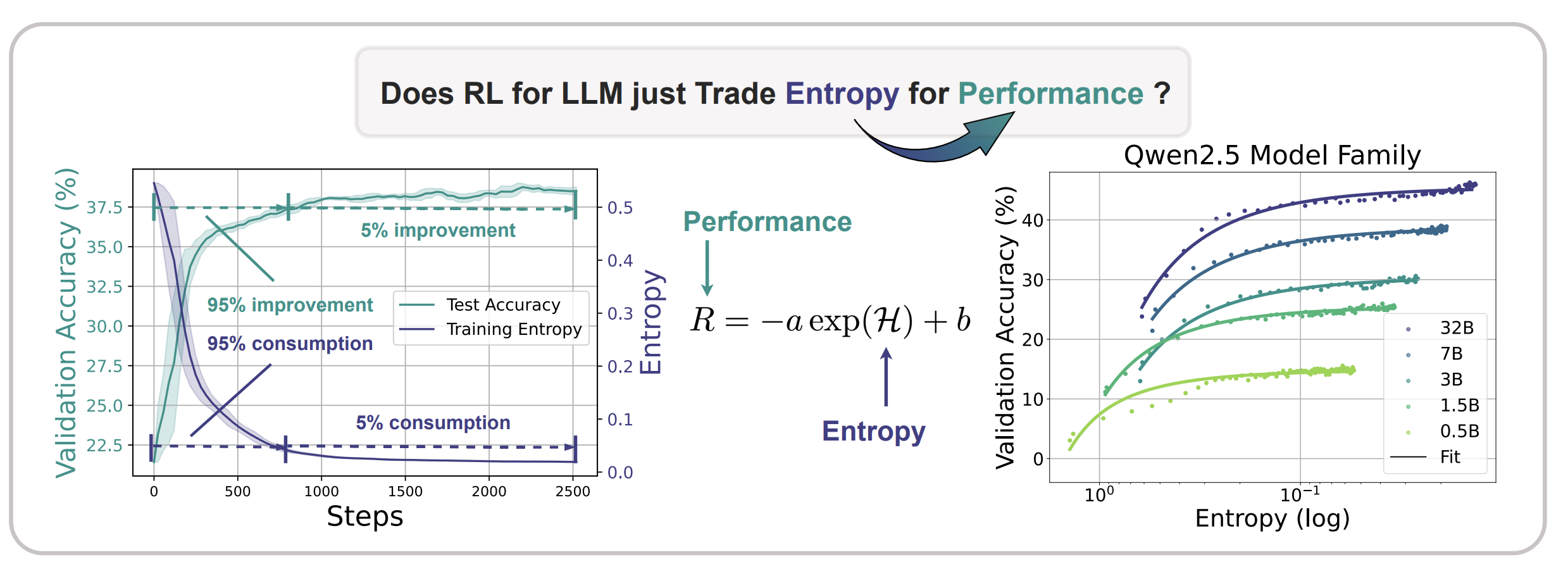

|
The Entropy Mechanism of Reinforcement Learning for Reasoning Language Models
Ganqu Cui, Yuchen Zhang, Jiacheng Chen, Lifan Yuan, Zhi Wang, Yuxin Zuo, Haozhan Li, Yuchen Fan, Huayu Chen, Weize Chen, Zhiyuan Liu, Hao Peng, Lei Bai, Wanli Ouyang, Yu Cheng, Bowen Zhou, Ning Ding arXiv preprint, arXiv:2505.22617, 2025 paper / code Our finding necessitates entropy management for continuous exploration toward scaling compute for RL. Through understanding the mechanism behind entropy dynamics, we motivate to control entropy by restricting the update of high-covariance tokens. |


|
Divide and Conquer: Grounding LLMs as Efficient Decision-Making Agents via Offline Hierarchical Reinforcement Learning
Zican Hu, Wei Liu, Xiaoye Qu, Xiangyu Yue, Chunlin Chen, Zhi Wang*, Yu Cheng International Conference on Machine Learning (ICML), 2025 paper / code we propose an innovative framework GLIDER (Grounding Language Models as EffIcient Decision-Making Agents via Offline HiErarchical RL) that introduces a parameter-efficient and generally applicable hierarchy to train competent LLM policies for complex interactive tasks. |
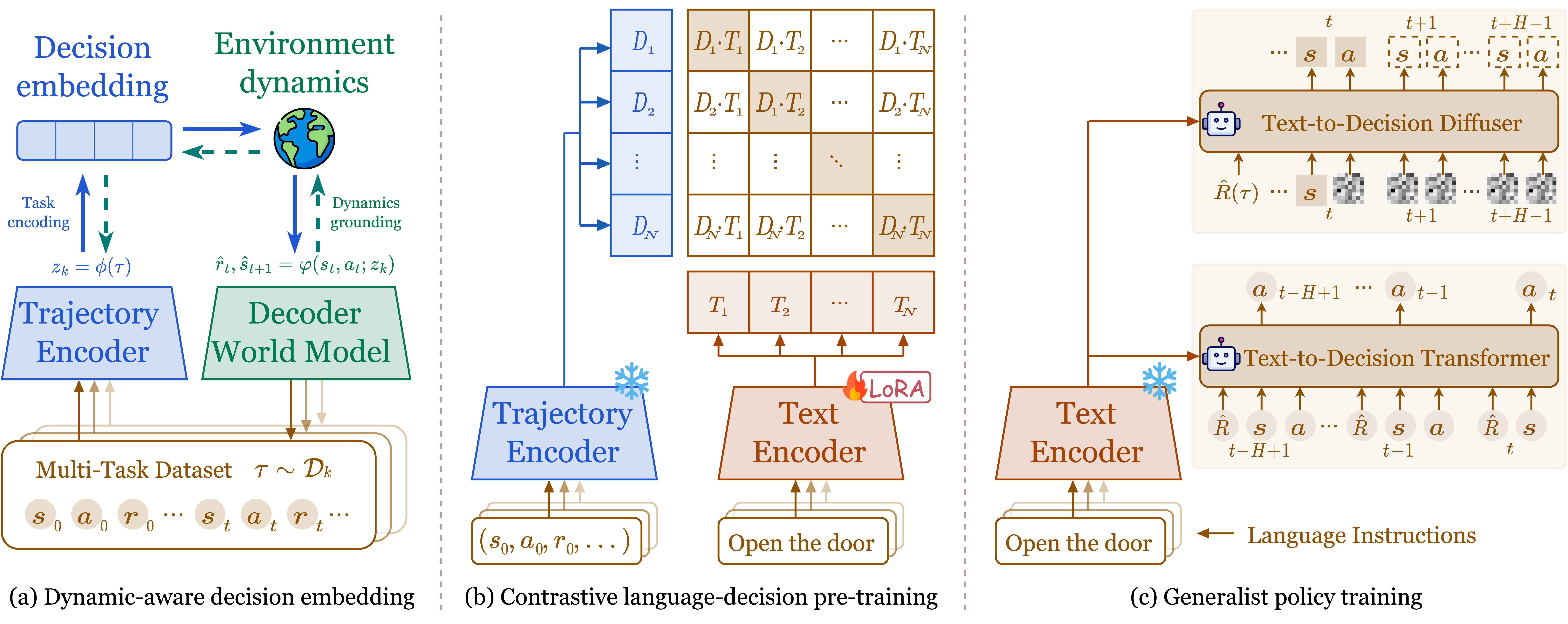

|
Text-to-Decision Agent: Offline Meta-Reinforcement Learning from Natural Language Supervision
Shilin Zhang, Zican Hu, Wenhao Wu, Xinyi Xie, Jianxiang Tang, Chunlin Chen, Daoyi Dong, Yu Cheng, Zhenhong Sun, Zhi Wang* Advances in Neural Information Processing Systems (NeurIPS), 2025 paper / code we propose Text-to-Decision Agent (T2DA), a simple and scalable pre-training framework for learning generalist policies via aligning language knowledge with environment dynamics of decision tasks. |
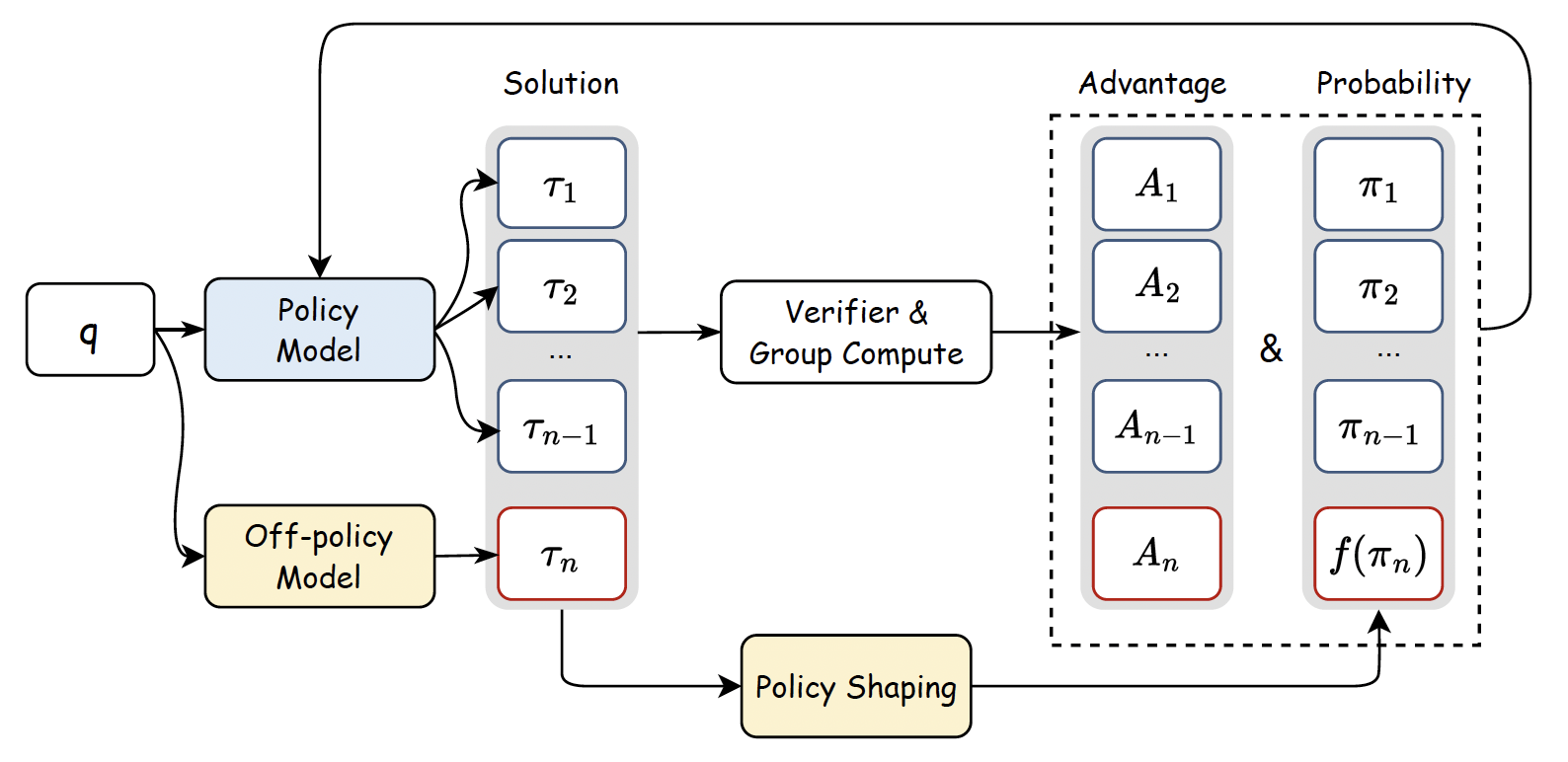

|
Learning to Reason under Off-Policy Guidance
Jianhao Yan, Yafu Li, Zican Hu, Zhi Wang, Ganqu Cui, Xiaoye Qu, Yu Cheng, Yue Zhang Advances in Neural Information Processing Systems (NeurIPS), 2025 code / paper We introduce LUFFY (Learning to reason Under oFF-policY guidance), a framework that augments zero-RL with off-policy reasoning traces, balancing imitation and exploration by combining off-policy demonstrations with on-policy rollouts during training. |
RL for Generative Modeling |
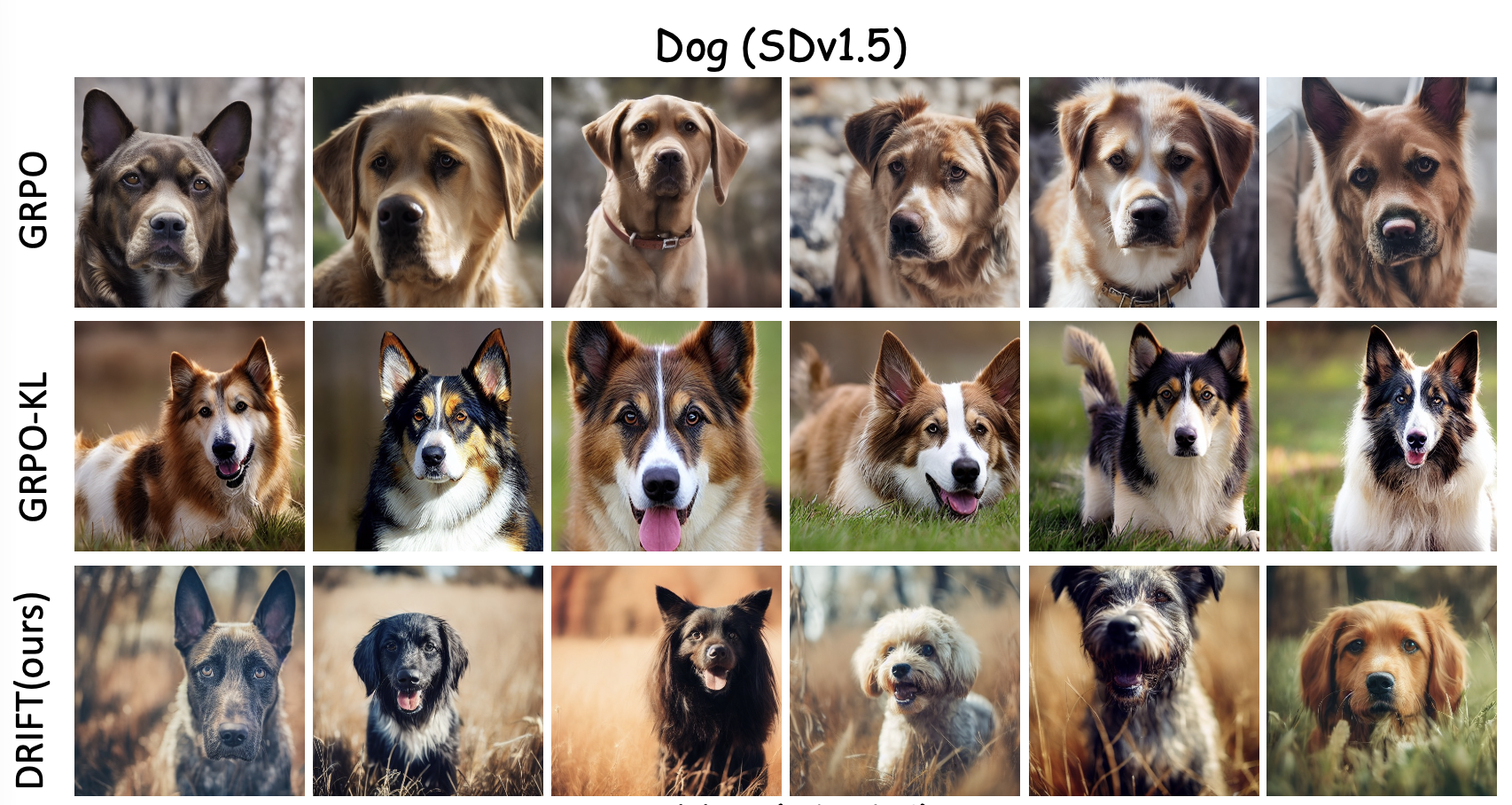

|
Beyond the Dirac Delta: Mitigating Diversity Collapse in Reinforcement Fine-Tuning for Versatile Image Generation
Jinmei Liu, Haoru Li, Zhenhong Sun, Chaofeng Chen, Yatao Bian, Bo Wang, Daoyi Dong, Chunlin Chen, Zhi Wang* arXiv preprint arXiv:2601.12401, 2026 paper We systematically incentive output diversity throughout the on-policy RL fine-tuning process, reconciling strong task alignment with high generation diversity. |
In-context RL, Generalization in RL |


|
Scalable In-Context Q-Learning
Jinmei Liu, Fuhong Liu, Zhenhong Sun, Jianye Hao, Bo Wang, Huaxiong Li, Daoyi Dong, Chunlin Chen, Zhi Wang*, International Conferene on Learning Representations (ICLR), 2026 code / paper we propose SICQL, an innovative framework that harnesses dynamic programming and world modeling to steer ICRL toward efficient reward maximization and task generalization, while retaining the scalability and stability of supervised pretraining. |
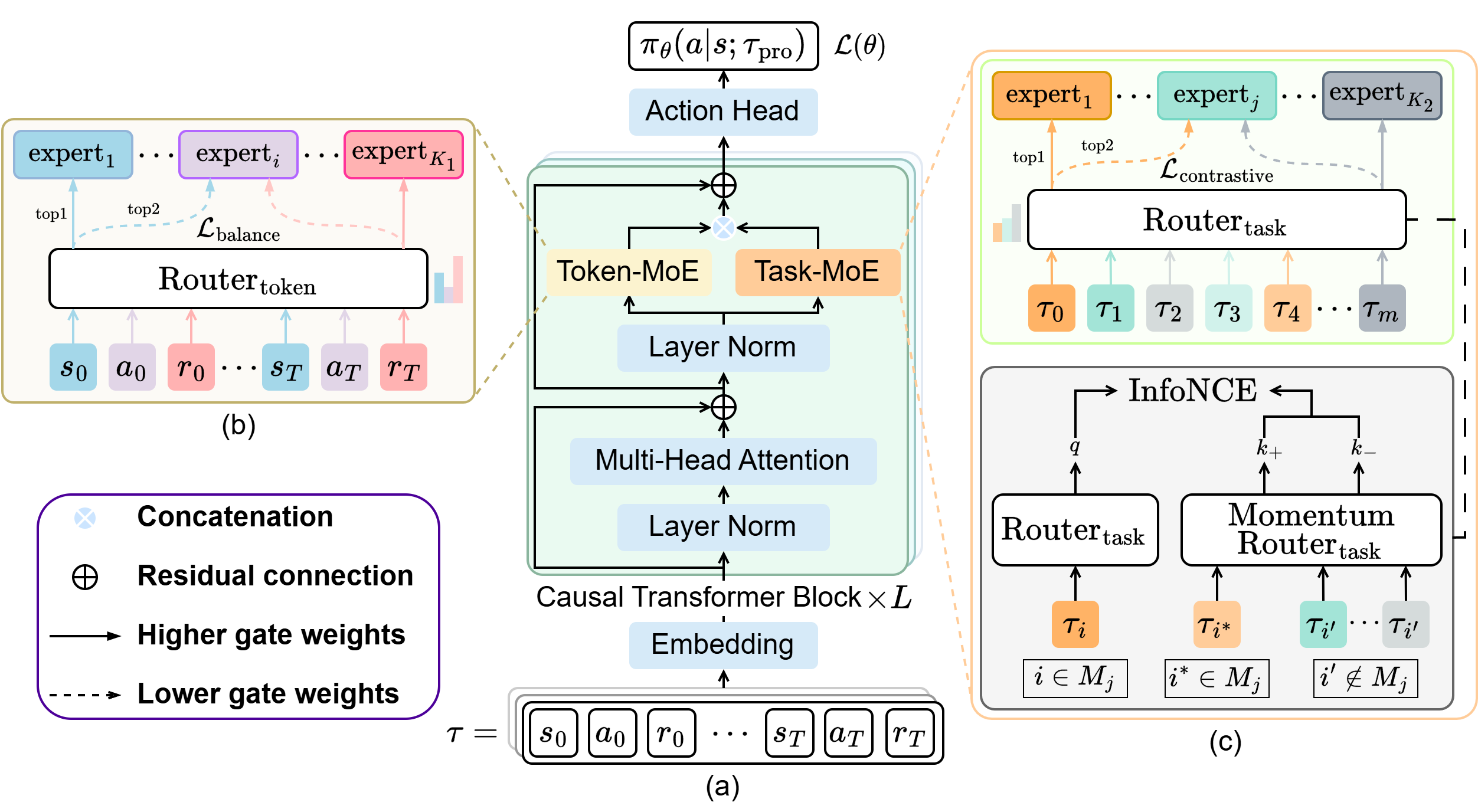

|
Mixture-of-Experts Meets In-Context Reinforcement Learning
Wenhao Wu, Fuhong Liu, Haoru Li, Zican Hu, Daoyi Dong, Chunlin Chen, Zhi Wang*, Advances in Neural Information Processing Systems (NeurIPS), 2025 code / paper We propose T2MIR (Token- and Task-wise MoE for In-context RL), an innovative framework that introduces architectural advances of mixture-of-experts (MoE) into transformer-based decision models. |
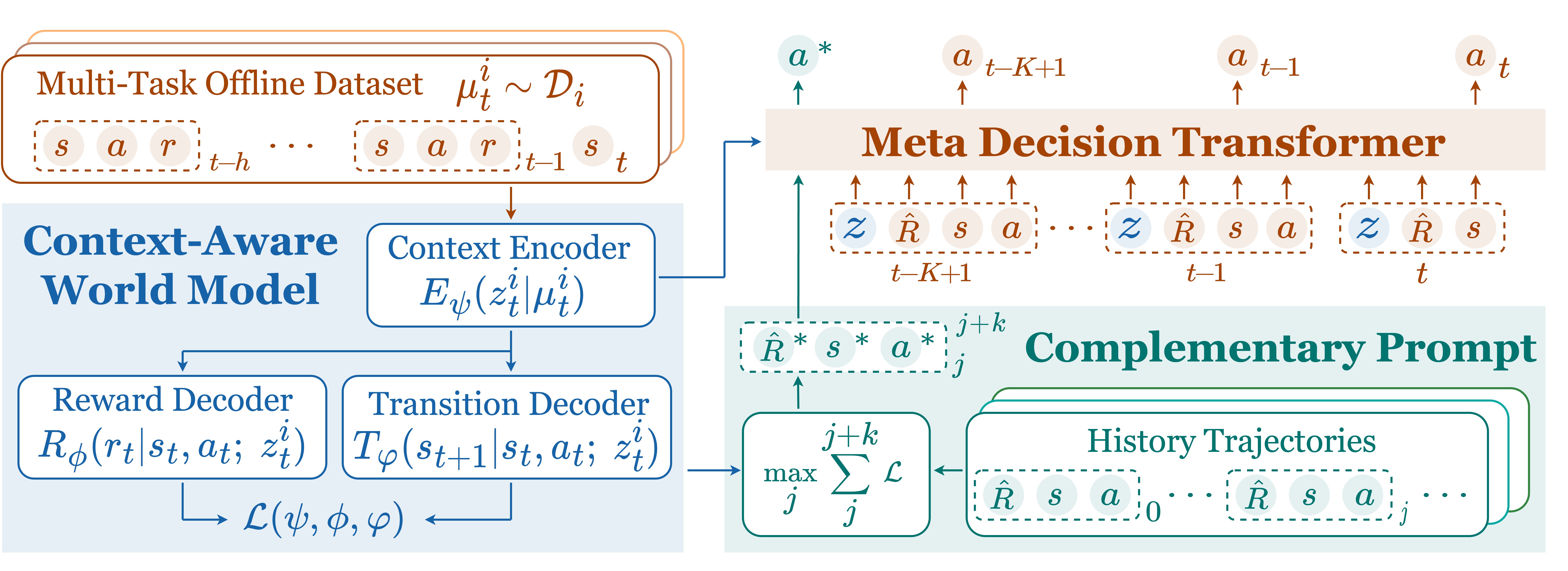

|
Meta-DT: Offline Meta-RL as Conditional Sequence Modeling with World Model Disentanglement
Zhi Wang, Li Zhang, Wenhao Wu, Yuanheng Zhu, Dongbin Zhao, Chunlin Chen Advances in Neural Information Processing Systems (NeurIPS), 2024 code / paper We leverage the sequential modeling ability of the transformer architecture and robust task representation learning via world model disentanglement to achieve efficient generalization in offline meta-RL. |
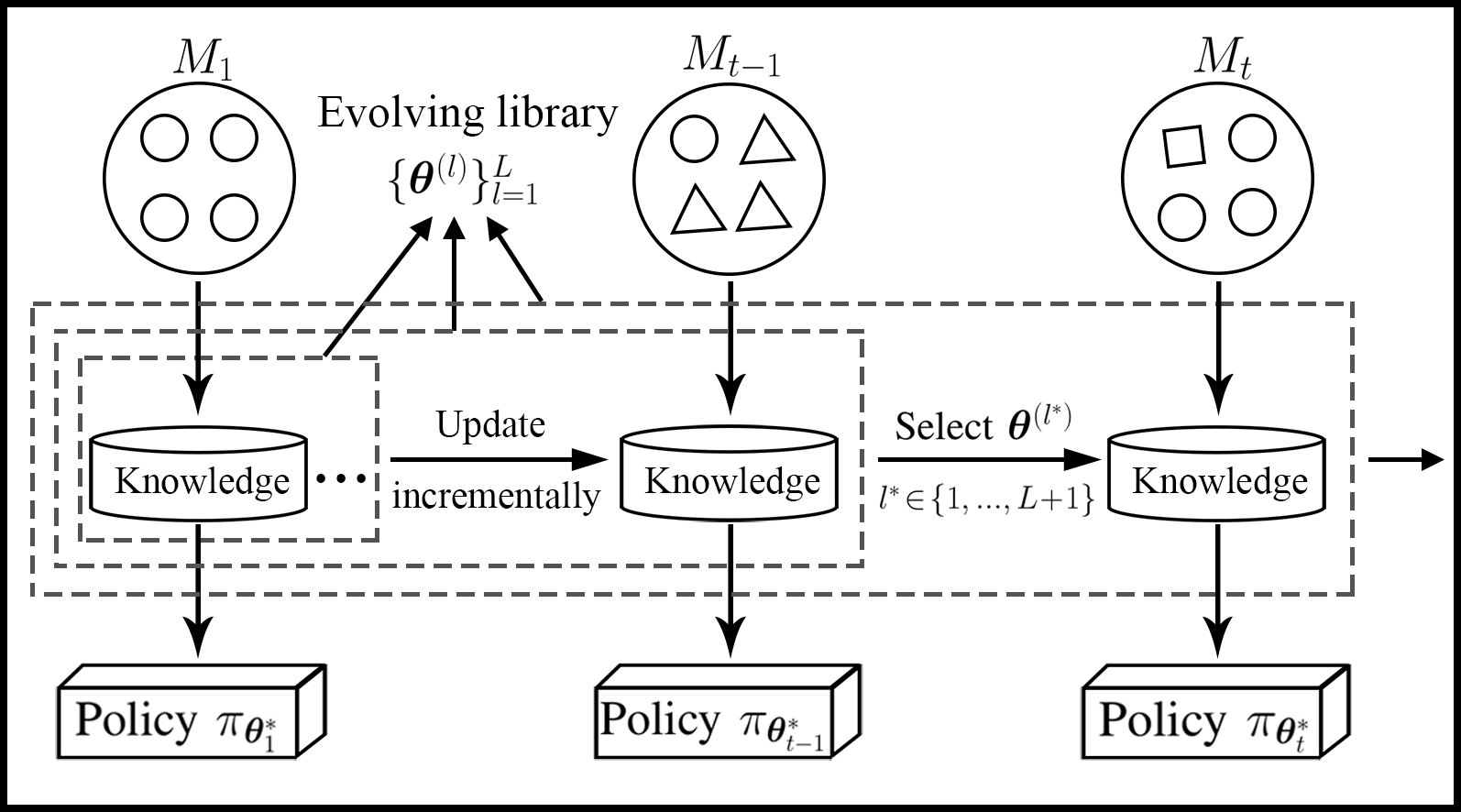

|
Lifelong Incremental Reinforcement Learning with Online Bayesian Inference
Zhi Wang, Chunlin Chen, Daoyi Dong IEEE Transactions on Neural Networks and Learning Systems (TNNLS), 2022 code / paper We develop a lifelong RL agent that can incrementally adapt its behaviors to dynamic environments, via maintaining an ever-expanding policy library with online Bayesian inference. |
Multi-Agent RL |
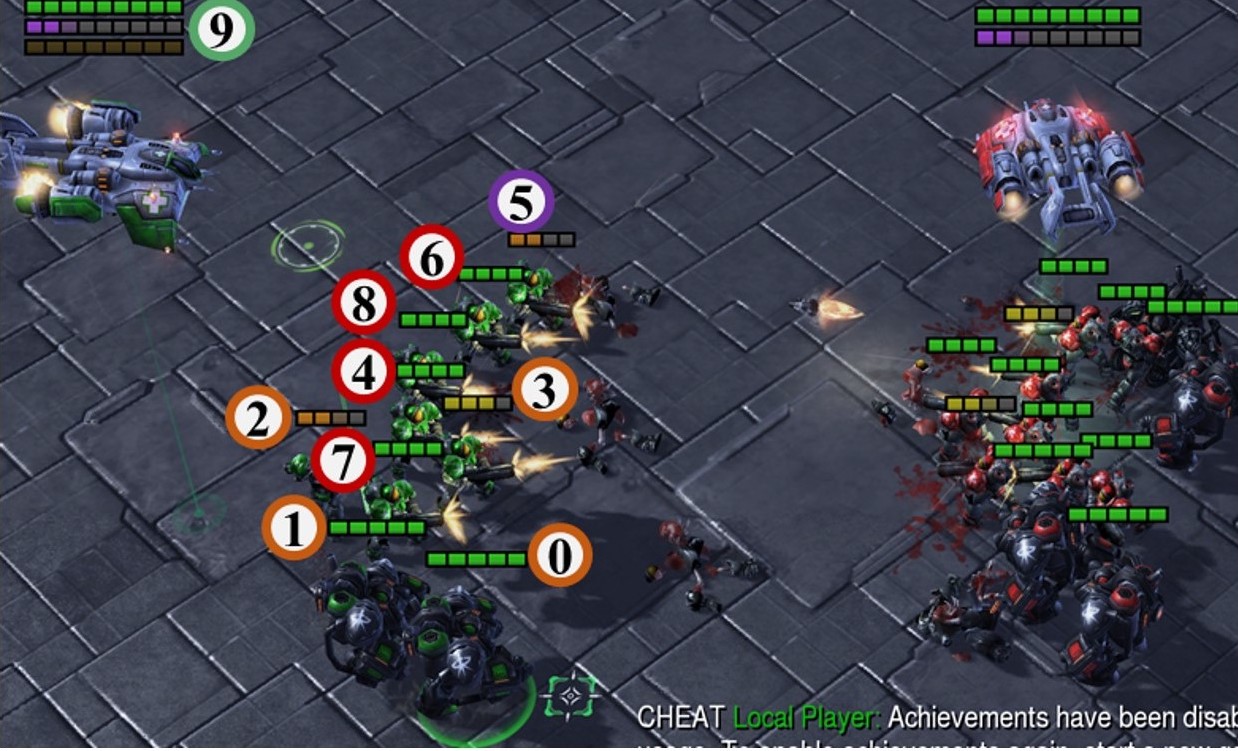

|
Attention-Guided Contrastive Role Representations for Multi-Agent Reinforcement Learning
Zican Hu, Zongzhang Zhang, Huaxiong Li, Chunlin Chen, Hongyu Ding, Zhi Wang* International Conference on Learning Representations (ICLR), 2024 code / paper Our main insight is to learn a compact role representation that can capture complex behavior patterns of agents, and use that role representation to promote behavior heterogeneity, knowledge transfer, and skillful coordination across agents. |
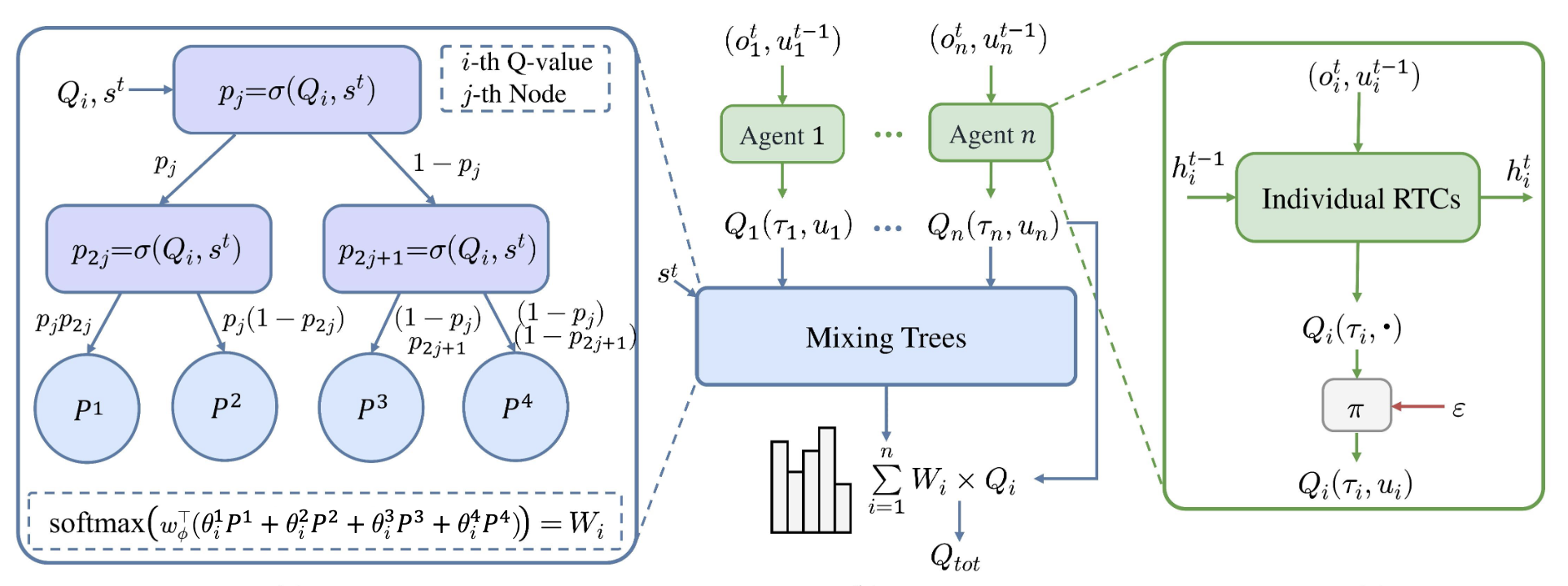

|
MIXRTs: Toward Interpretable Multi-Agent Reinforcement Learning Via Mixing Recurrent Soft Decision Trees
Zichuan Liu, Yuanyang Zhu, Zhi Wang*, Yang Gao, Chunlin Chen IEEE Transactions on Pattern Analysis and Machine Intelligence (TPAMI), 2025 paper We propose a novel architecture based on differentiable soft decision trees to tackle the tension between model interpretability and learning performance in MARL domains, paving the way for interpretable and high-performing MARL systems. |
RL Applications and Others |
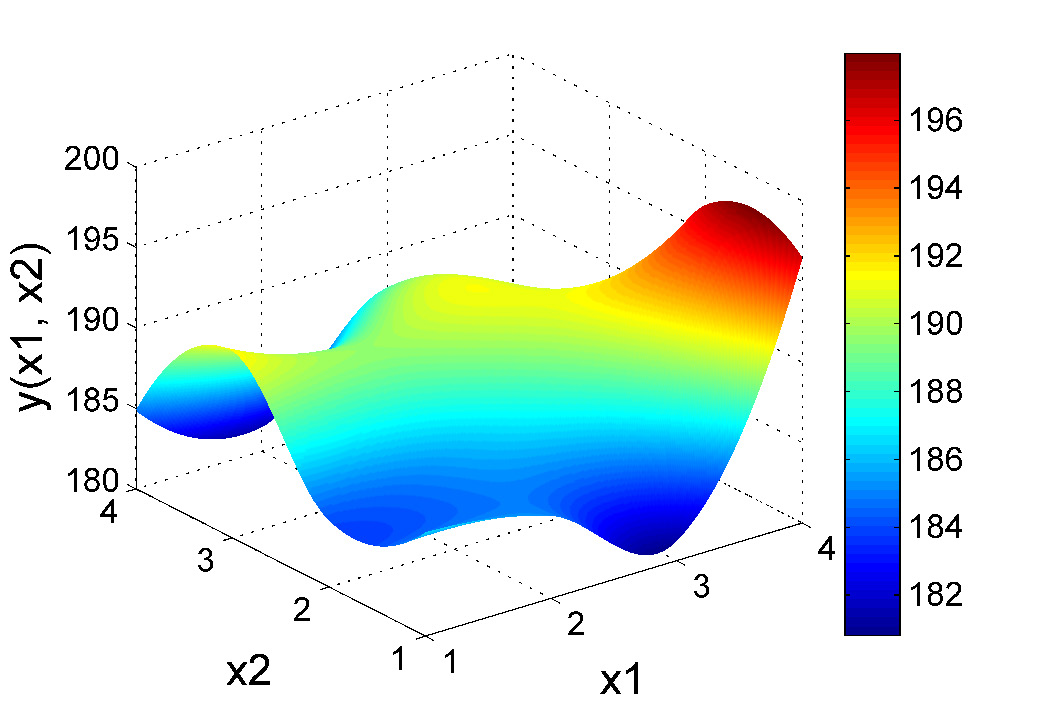

|
Reinforcement Learning-Based Optimal Sensor Placement for Spatiotemporal Modeling
Zhi Wang, Han-Xiong Li, Chunlin Chen IEEE Transactions on Cybernetics (TCYB), 2020 paper For the first time, we introduce an RL-based method to tackle the optimal sensor placement problem for modeling distributed parameter systems. |
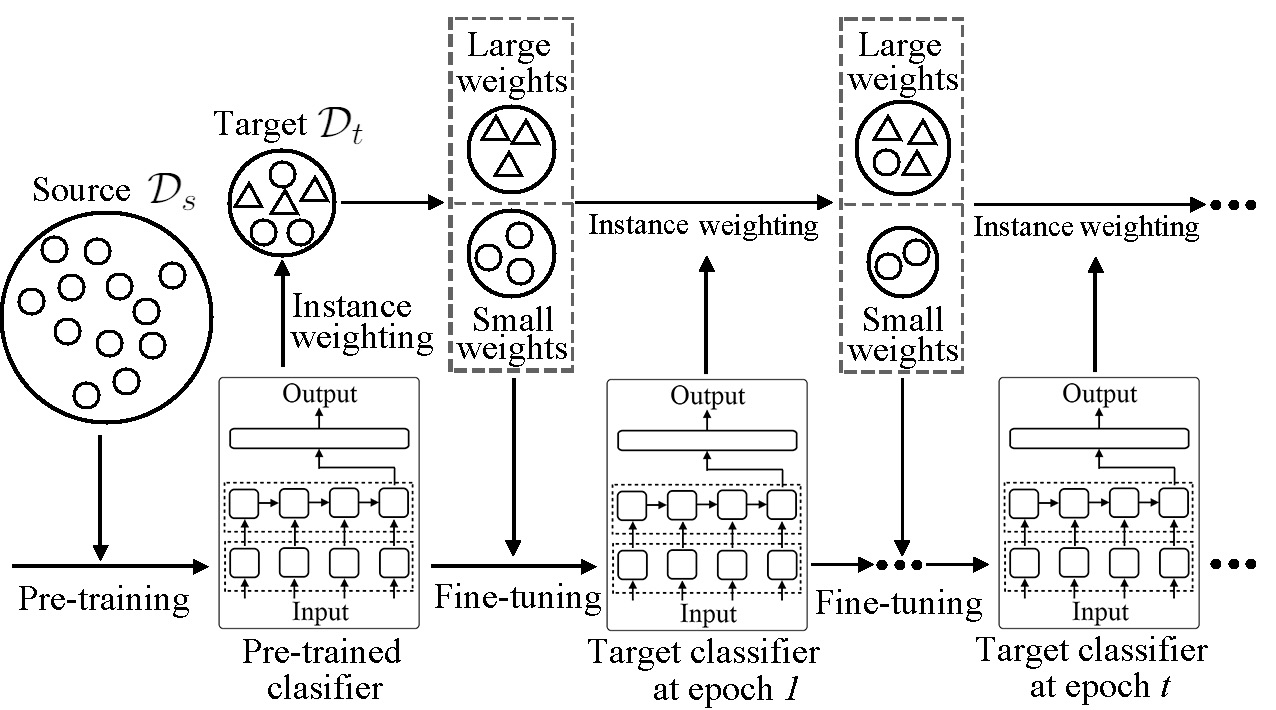

|
Better Fine-Tuning via Instance Weighting for Text Classification
Zhi Wang, Wei Bi, Yan Wang, Xiaojiang Liu AAAI Conference on Artificial Intelligence (AAAI), 2019 paper / supp we propose an Instance Weighting based Fine-tuning (IW-Fit) method, which revises the fine-tuning stage to improve the classification accuracy on the target domain when a pre-trained model from the source domain is given. |
Miscellanea |
Teaching |
|
Academic Service |
|
|
|